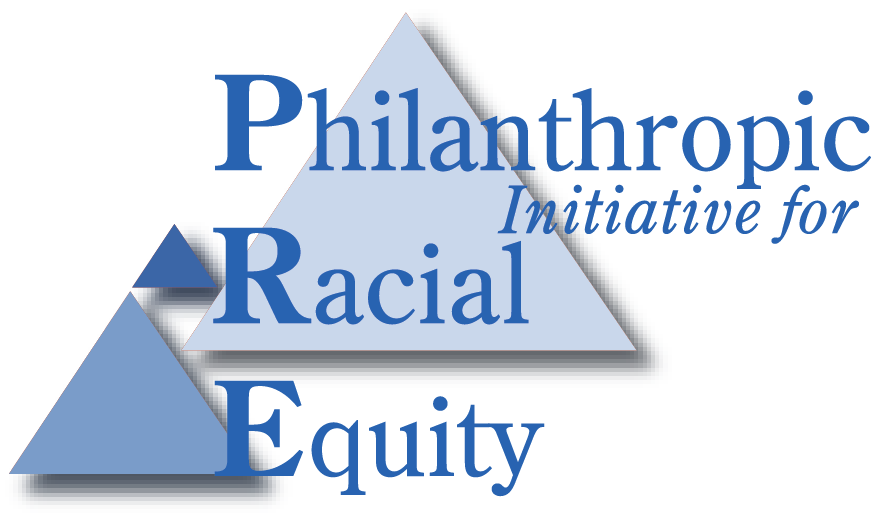Our Dis-Ease with Race
Eva Paterson is the president and a founder of the Equal Justice Society, a national organization dedicated to changing the law through progressive legal theory, public policy and practice. Previously, she worked at the Lawyers’ Committee for Civil Rights for 26 years. As a cofounder and chair of the California Coalition for Civil Rights, Paterson was a leading spokesperson in statewide rights campaigns. She is a member of the PRE advisory board.
We are currently involved in a controversy about whether or not foundations should be required to collect data on the race or ethnicity of its grantees. This topic brings to mind Black Power advocate Eldridge Cleaver’s famous admonition that you are either part of the problem or part of the solution. Philanthropy has played both roles.
When one looks at this more closely, the controversy is yet another manifestation of the dis-ease we have with dealing forthrightly with race. It would be safer to duck this issue and to lie low until it blows over, but we at the Equal Justice Society (EJS) after much anguished discussion decided we must speak.
Foundations have provided critical support in the advancement of racial justice. In 1922, Charles Garland, a 21-year old Harvard undergrad, established the Garland Fund. One of Garland’s goals was to improve the schools that Black children attended. I recently read a moving essay by Alice Walker who describes walking past White schools on her way to under-funded and dilapidated Black schools in Georgia. The brilliance of Black teachers in these segregated schools is legendary in spite of being hobbled by outdated books and few resources. Charles Hamilton Houston, Thurgood Marshall, Jack Greenberg, Constance Baker Motley and other attorneys looked for a strategy that would result in a better education for Black kids. The Garland Fund supported the development of the three-decade strategy that culminated in Brown v Board of Education. James Weldon Johnson, Roger Baldwin and Norman Thomas administered the board.
